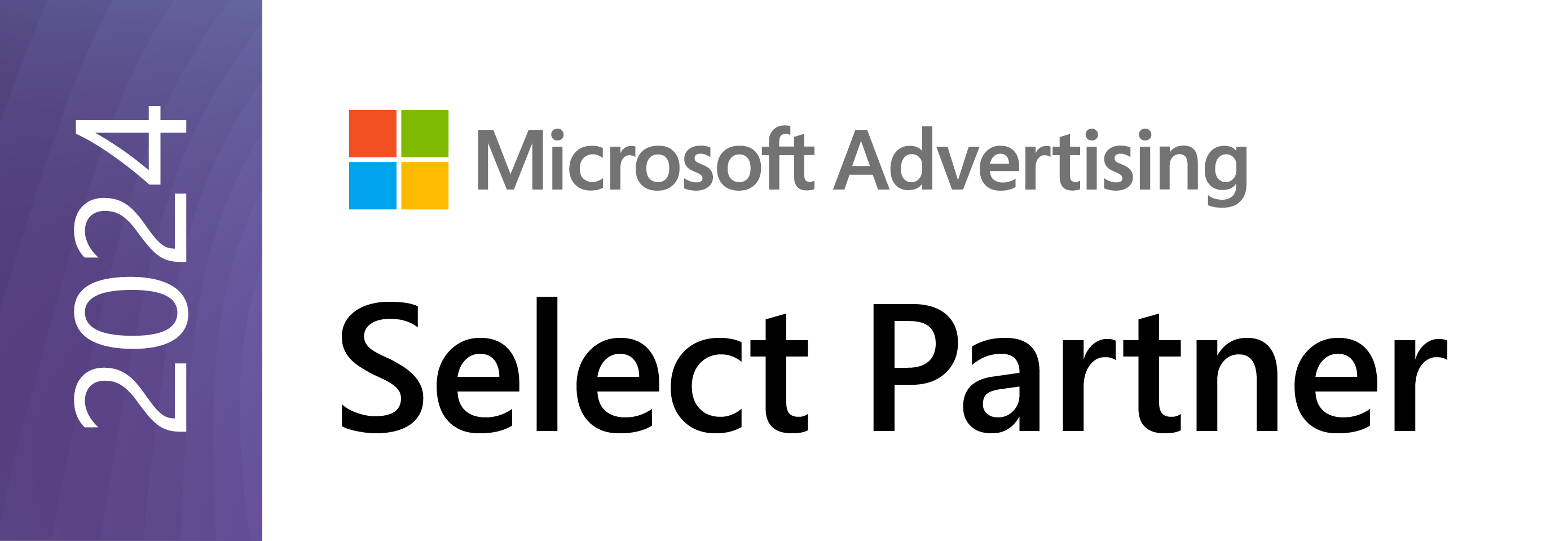
Podcast Scheduling Strategy: How a Strong Plan Drives Success in 2025
Key Takeaways
-
A podcast schedule builds consistency, improves workflow, and supports long-term audience growth.
-
Editorial calendars and batch production help streamline the entire content process—from ideation to release.
-
Trends like video podcasting, AI automation, and cross-platform distribution are shaping the industry in 2025.
-
Scheduling tools and automation can simplify guest booking and keep production on track.
-
Outsourcing podcast production to experienced teams can significantly enhance quality and reliability.
In the fast-evolving world of digital content, a consistent and well-organized podcast production schedule is no longer optional—it’s essential. A clear podcast schedule acts as a blueprint for your entire production process. It outlines what gets released, when, and in what format—weekly, bi-weekly, or seasonal.
Maintaining a dependable release rhythm not only boosts internal workflows but also strengthens listener loyalty. Regularly scheduled content gives your audience something to look forward to, building habit and engagement.
The Anatomy of a Solid Podcast Production Plan
A successful podcast production timeline involves several core phases:
-
Pre-production: Planning, scripting, guest outreach, and content research.
-
Production: Recording sessions, either in-studio or remotely.
-
Post-production: Editing, sound design, creating show notes, adding intros/outros, and publishing.
-
Promotion & Distribution: Social sharing, email blasts, YouTube clips, and syndication via RSS feeds.
To manage these moving parts, many podcasters and agencies rely on editorial calendars. These tools outline upcoming topics, scheduled guests, recording deadlines, and promotional timelines—ensuring nothing falls through the cracks.

2025 Trends Shaping Podcast Scheduling
Podcasting continues to evolve quickly, with new tools and audience expectations reshaping the landscape:
-
Automation is Changing the Game: AI tools are automating audio editing, transcription, and even generating show notes—saving producers hours per episode.
-
Platform Expansion: The integration of RSS feeds into YouTube Music, and tools like Descript acquiring Squadcast, show how distribution methods are rapidly diversifying.
-
Smarter Analytics: Podcasters are now able to track listener drop-off points, episode engagement, and cross-platform reach to fine-tune their schedules and content.
With these trends in mind, a data-driven and tech-supported schedule is now critical for success.
Expert Insights: Where Podcast Scheduling is Headed
Industry experts agree that scheduling will continue to evolve alongside tech and consumer behavior. Several key forecasts include:
-
AI-Driven Production Pipelines: Faster turnaround times on edits, transcripts, and clips.
-
Season-Based Formats: Offering flexibility for creators who prefer breaks between content pushes.
-
Listener-Centric Timing: Releasing episodes during peak engagement times using analytics.
-
Hybrid Episodes: Mixing solo commentary, expert interviews, and live Q&A formats—all planned in advance to suit audience expectations.
The global podcast industry is projected to surpass $131 billion by 2030, and much of this growth will depend on the ability to consistently deliver high-quality content.
Tips to Build a Better Podcast Schedule
If you’re planning to grow your podcast in 2025 and beyond, consider these practical strategies:
-
Batch Record Episodes: Record several episodes in one day to stay ahead of schedule.
-
Use Editorial Calendars: Tools like Trello, Notion, or Airtable can map out themes, guest lineups, and release dates.
-
Segment the Workflow: Break down production tasks—like scripting, editing, and artwork—so they can be worked on in parallel.
-
Go Seasonal if Needed: If weekly publishing feels unsustainable, shift to a seasonal format with breaks for planning and promotion.
Outsourcing production or working with a professional team can also help lighten the workload while ensuring your podcast maintains a polished, consistent cadence.
Why Working With Professionals Pays Off
While it’s possible to manage scheduling solo, working with an experienced agency can elevate your show from hobby-grade to professionally produced. CS Design Studio offers full-service podcast production—including scheduling strategy, video podcast creation, content planning, and analytics optimization—so you can focus on delivering high-value content while experts handle the logistics behind the scenes.
With deep experience in content creation and production workflows, their team helps creators build a solid foundation for consistent growth and audience engagement.
FAQ
What’s the ideal frequency for releasing new podcast episodes?
There’s no one-size-fits-all answer, but weekly or bi-weekly schedules are common. What matters most is consistency—choose a pace you can maintain.
How far in advance should I plan my content?
Many successful podcasters plan at least 4–6 weeks ahead. This allows for flexibility in booking guests, troubleshooting tech issues, and managing edits.
Does releasing podcasts on a specific day or time matter?
Yes. Releasing episodes consistently on the same day and time helps build audience habits and can boost engagement.
What tools help streamline scheduling?
Editorial calendars (Notion, Trello), guest booking platforms (Calendly, Doodle), and production tools (Descript, Riverside.fm) are commonly used.
Can AI help with podcast production?
Absolutely. AI tools now assist with editing, transcription, scheduling, and generating marketing assets—saving hours of manual work.



